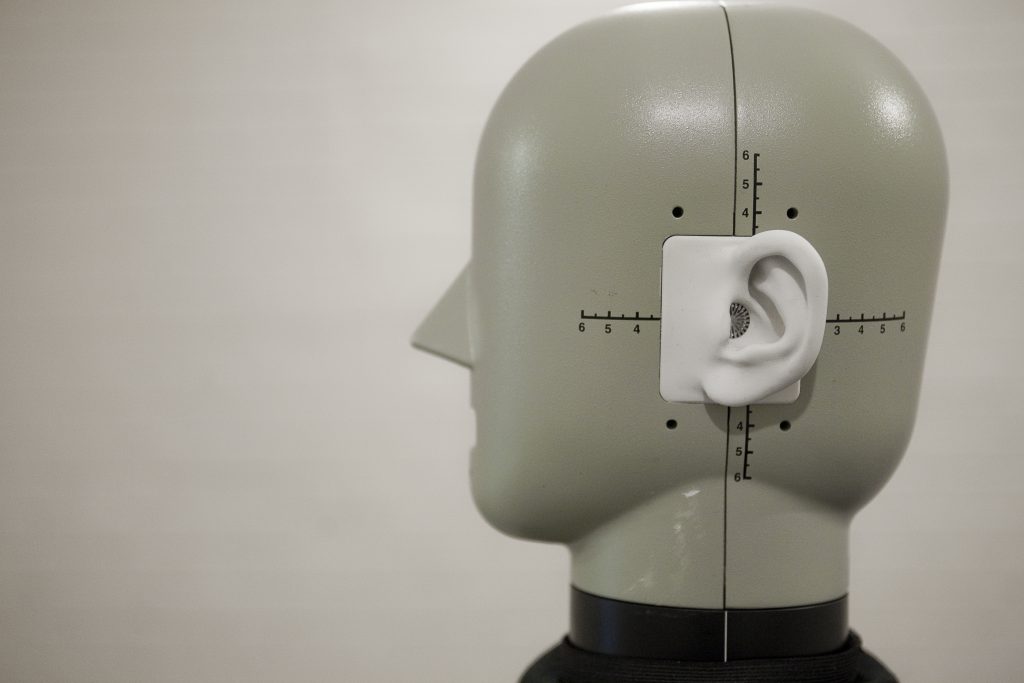A noisy future
Making the world sound better
Prof. Trevor Cox Directed EPSRC’s Sandpit looking at the future of noise research. The article below is taken from EPSRC’s Connect newsletter:
Are you prepared to accept that the UK is going to become a much noisier place? If we are to buck the current trend for a noisier society, even though considerable effort is going into noise reduction, we need new innovative thinking and approaches. The aim of ‘A Noisy Future’, an EPSRC IDEAS Factory sandpit was to challenge assumptions about future soundscapes and predict how they might evolve over the next 10-20 years.
Noise is usually defined as ‘unwanted sound’. Environmental noise, including sounds from traffic, industries, construction, public work, and the neighbourhood, creates disturbance and distress. Although individual sources of noise such as cars and planes have become quieter, this has been offset by rising traffic levels. Policy is aimed at measuring noise levels and controlling or reducing them. What isn’t addressed is the issue of the sounds we want to hear. What makes sounds attractive or unattractive? Can we develop ways of measuring ‘sound quality’ rather than noise? Ultimately can we design desirable soundscapes in the same way that we design buildings, lighting or landscape effects in urban areas?
The sandpit brought together academics from a wide range of different disciplines, experts from industry and policy makers to explore these questions. This mix sparked different ways of looking at problems and many collaborative research ideas. The ultimate aim being to make the world sound better! Participants were enthusiastic: “One of the rewarding and exciting intellectual experiences of my life” and “About the most fun I’ve had working up an EPSRC proposal” being comments received.
According to sandpit Director, Professor Trevor Cox of University of Salford, “Man has completely changed the UK’s soundscape, and the problem of the noise we make seems pretty intractable. However, the sandpit showed that by bringing together diverse disciplines, new and exciting approaches to difficult problems can be developed”.
The following three projects were shortlisted, with a total value of over £1.5m:
The Positive Soundscape Project:
A re-evaluation of environmental sound seeks to bring together insights from sonic art, ethnographic investigations of the soundscape and quantitative psychoacoustics to provide a better account of the relationship between the soundscape and the perceptions of those within it.
Noise Futures Network
Aims to facilitate interdisciplinary research on future soundscapes. As the network develops and research projects come to fruition the network will be in a position to offer informed policy advice. Ultimately it hopes to impact on the quality of life experienced in this country through improving our understanding of and design of soundscapes.
ISRIE – Instrument for Soundscape Recognition, Identification and Evaluation
Has the potential to revolutionise how noise is considered by industry and government as legislative controls on noise are dependent upon what can be measured. This instrument will be able to separate and identify the sounds that make up a typical soundscape, thus enabling a proper evaluation of potential acoustic impacts from different sound sources.
